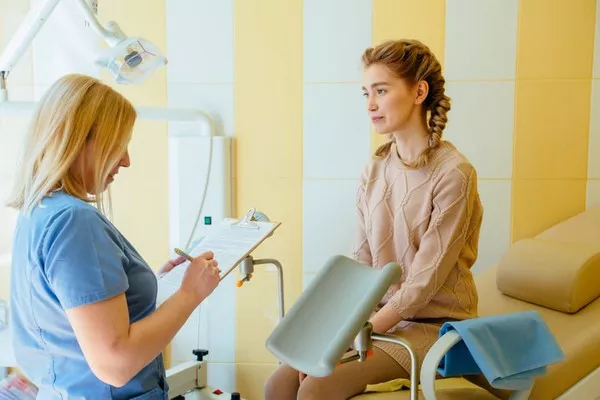Public Health Scotland is currently exploring the possibility of providing free IVF treatment on the NHS to single women, according to information obtained by the BBC.
Currently, eligibility for NHS-funded IVF treatment in Scotland is restricted to couples who meet specific criteria. This includes being in a stable relationship for at least two years, neither partner having children from previous relationships, maintaining a BMI within a certain range, and meeting health-related lifestyle criteria such as abstaining from smoking, alcohol, and drugs during treatment.
Despite these criteria, there is a growing demand among single individuals for access to NHS-funded IVF services. Daniela Scott, an Edinburgh restaurateur, spent a substantial £43,000 on private fertility treatments in both Scotland and Spain after being ineligible for NHS support due to her single status.
Daniela, unable to conceive naturally, underwent three unsuccessful rounds of IVF in Scotland before eventually achieving success with treatment in Spain, where she gave birth to her son, Leone, in March 2024.
Reflecting on her journey, Daniela shared her emotional experience of navigating private IVF costs and the profound joy of becoming a mother. She emphasized the financial strain and emotional toll of private treatment, expressing a desire for recognition of single women seeking parenthood but facing prohibitive costs.
Currently, approximately 7,000 couples annually receive NHS referrals for IVF treatment in Scotland, with about 4,300 treatments performed across four fertility centers. However, statistics show a smaller yet significant number of single individuals in the UK opting for IVF treatment, underscoring the need to evaluate broader eligibility criteria.
The Scottish government has tasked the National Fertility Group, comprised of experts from NHS, charities, and government bodies, to assess the feasibility, demand, and financial implications of extending NHS-funded IVF to single women. This initiative marks an early stage in potential policy development, aiming to address the accessibility of fertility treatments within the public healthcare system.
Professor Richard Anderson of Edinburgh University welcomed the initiative as a positive step toward addressing resource limitations in IVF provision. He highlighted the historical prioritization of couples with infertility issues due to resource constraints, suggesting that extending NHS support could alleviate waiting times and improve accessibility for eligible individuals.
Daniela Scott, reflecting on her personal journey, expressed hope that efforts to expand NHS-funded IVF eligibility would recognize and support single women desiring motherhood. She stressed the emotional significance of parenthood and the financial barriers faced by many in pursuing private treatment options.
As discussions and evaluations continue within the National Fertility Group, recommendations will be made to Scottish ministers based on the findings of Public Health Scotland’s modeling of eligibility, demand, and cost implications.
The potential expansion of NHS-funded IVF to single women represents a significant development in reproductive healthcare policy, aiming to address both equity and accessibility in fertility treatments across Scotland.


